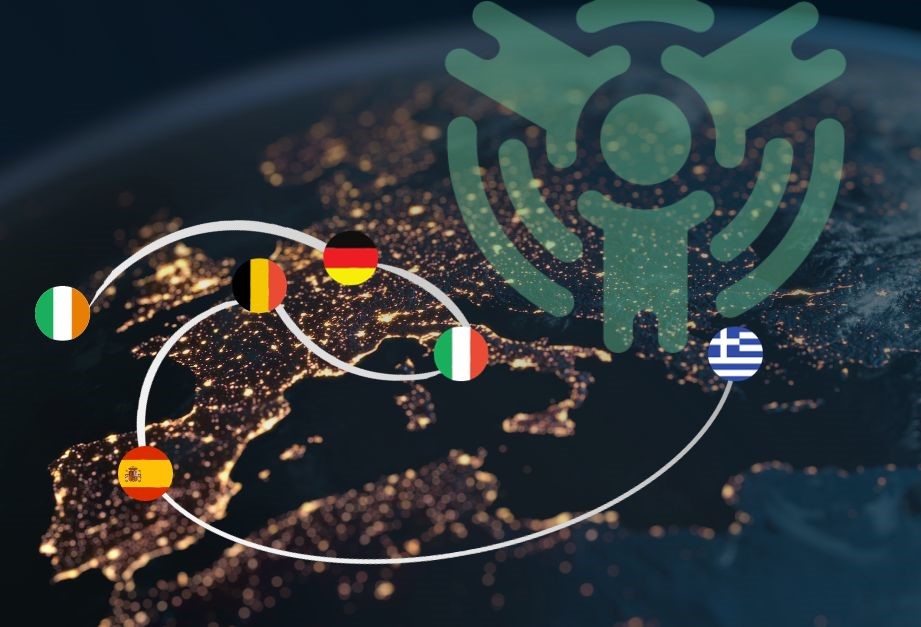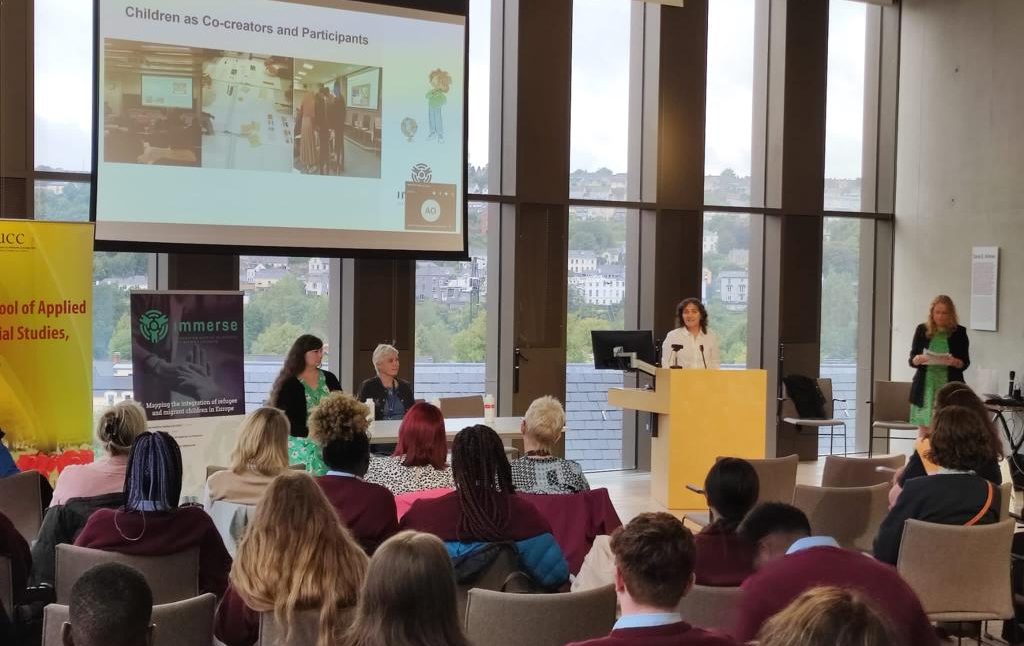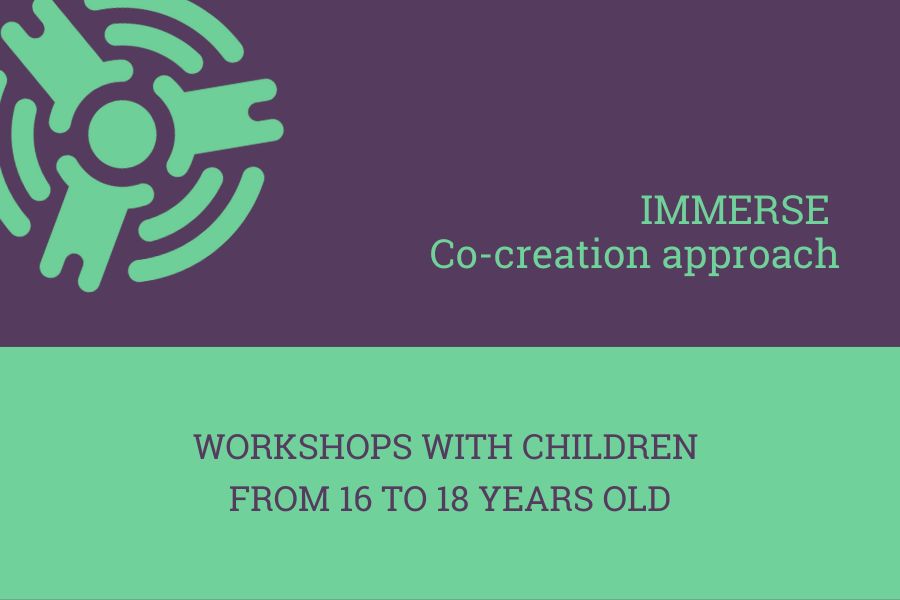Description
SOS Children's Villages is one of the most well-known NGO's advocates children's rights. Children are affected by migration in at least three ways: they move with their family; they migrate alone, without their parents or legal guardians; or they are left behind by migrant parents who have no other option than going abroad to secure the means of subsistence for their family. In all these cases, children face specific challenges to the rights to special protection and care. Thus, policy and program responses to the movement of refugees and migrants must include provisions that grant children the continuum of care and access to relevant support services. International law recommends protecting the children, granting safe, regular channels for migrants and refugees, enhancing any cooperation between governmental and non-governmental actors, ending immigration detention of children and their caregivers, and ensuring these children's human rights and basic needs. It also recommends protecting every child's right to quality care, identifying, tracking, and monitoring refugee and migrant children through disaggregated data and assessing special vulnerability, investing in capacity building of professionals, investing in sustainable development, and fostering the participation of migrant and refugee children and young people. The NGOs above have taken place on special occasions are Mexico, Western Balkan Route, Austria, and Finland, providing care and protection responses for migrant and refugee children.
- Access to compulsory education
- Access to health care
- Children complete compulsory education
- Children remain in (formal) education beyond compulsory levels / Access to (formal) non-compulsory education
- Children's academic skills
- Children's legal status
- Children's sense of belonging
- Friends and peers (bridges)
- Friends and peers (support)
- Institutions
- Teachers
- Types & levels of (formal) non-compulsory education attended



